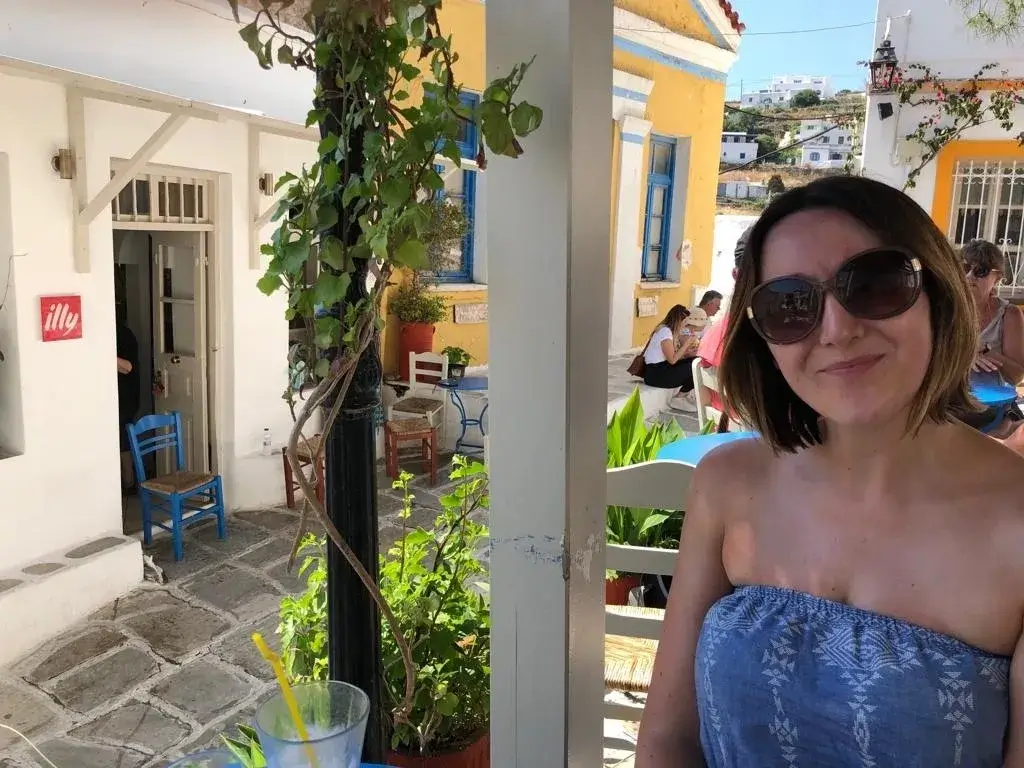By Dr Charlotte Russell, Clinical Psychologist & Founder
Travelling with clear intentions about what we want from our trip might sound obvious. But how many of us really think carefully about what we might need and whether our travel choices are a good fit?
We are all unique and we all have likes, dislikes and sights and experiences that connect with us that don’t connect for other people. It takes time to get to know our travel preferences. At different stages in our lives we will want something different.
There will be times when we want to relax. Times when we want adventure and to try new things. We we are travelling to celebrate a milestone we might want to opt for more luxury, or for a longer trip. A special trip can help us to mark an occasion and later we might be able to remember these experiences vividly by tuning in to our memories of the sights and the sounds.
Travelling intentionally also means being mindful of the impact of our travel behaviour on the planet and the local community. However in my opinion it is important that we do not judge each other’s travel choices. We each have our own situations and needs, and we are all best placed to decide what is right for us.
We can all make small choices that can have a positive impact on the local economy and our planet. These might be as simple as travelling less often and choosing to stay for longer rather than opting for frequent 48-hour city breaks. Eating in local independent restaurants and attempting to speak a few words of the local language are small and easy changes we can make. Small changes add up. For more on this check out how to travel ethically.
Travelling more intentionally, can not only have a positive effect on the world around us but can actually make our travels more satisfying. Slowing down and reflecting on the local culture and customs rather than rushing to tick sights off a list is a huge part of this. I previously wrote about the ‘building blocks’ of psychological wellbeing; these are Positive emotions, Engagement, Relationships, Meaning and Accomplishment (Seligman, 2018). If we slow down and really engage and connect to the destination that we are visiting, make relationships and find meaning in our trips then they are much more likely to have a positive impact on our well-being.
References
Seligman, M. (2018). PERMA and the building blocks of well-being. The Journal of Positive Psychology, 13(4), 333-335
If you liked this article check out What are the psychological benefits of travel?

